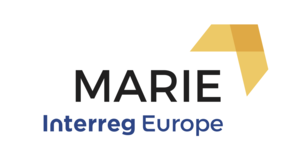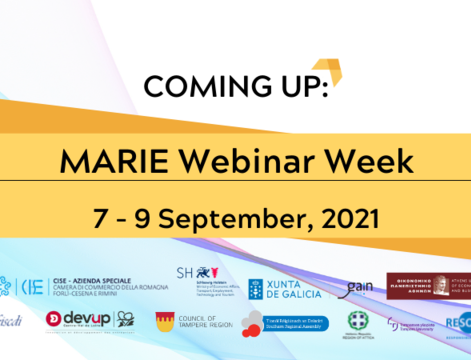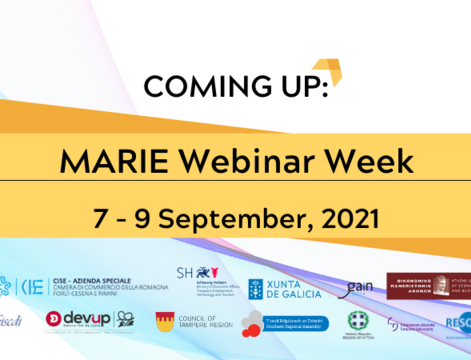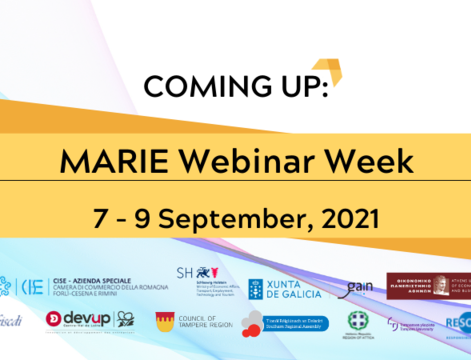Here at MARIE we believe in strength in numbers: if we really want to make responsibility a central part of innovation and economic development, we need to work together.
That is why our Mid-Term event, being held on 16th October 2018 within the Responsible Innovation Summit, will bring together different EU funded projects working on responsible innovation. Together, we will look at what message our project can bring to policy makers about how to make this concept a concrete and beneficial reality.
We are delighted to share our first two adhesions: RRI-PRACTICE and SMART-Map, both funded by the H2020 programme.
RRI-Practice is 3-year project working to understand the barriers and drivers to the successful implementation of RRI both in European and global contexts. Using an extensive review of structures and practices in 22 research conducting and funding organisations, the project will propose RRI Outlooks for each. More information on their website and twitter account.
SMART-Map has finalised roadmaps (SMART Maps) for the responsible development of technologies and services in three key time-changing fields: precision medicine, 3D printing in the biomedical field, and synthetic biology. The three SMART Maps are about to be released and will be presented at the Final Meeting to be held on 1st October in Brussels (registration is already open). The project develops and applies a new format for open and collaborative dialogues between industry and societal actors. More information on their website, facebook and twitter pages.
Watch this space for updates about the event agenda and project participants.
Photo by "My Life Through A Lens" on Unsplash










